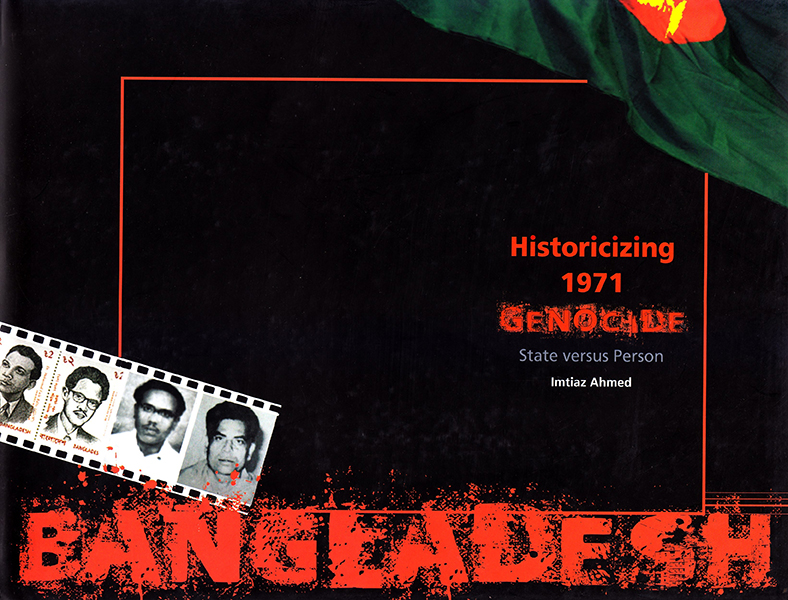
- Shop
- Genocide & War Crimes
- Historicizing 1971 Genocide: State Versus Person
Historicizing 1971 Genocide: State Versus Person
https://uplbooks.com/shop/9847022000479-historicizing-1971-genocide-state-versus-person-8269 https://uplbooks.com/web/image/product.template/8269/image_1920?unique=3d813f3
| Language: English |
Tags :
Book Info
Bangladesh genocide is the only genocide in modern times that resulted from a policy of deliberate containment of the democratic aspirations of its people. Other genocides have resulted from immediate racial, religious, linguistic or ethnic animosities. No such animosity could be found, at least overtly, on the part of the 9West) Pakistanis against the Bengalis. In the case of Bangladesh, what mattered most was the refusal of the Pakistan military to accept the verdict of the 1970 general election and handover power to a democratically elected political party from the eastern wing of Pakistan. 25 March-the first night of genocide – is what gave birth to 26 March and the Mujibnagar Cabinet is historically correct in identifying the latter as Independence Day. Indeed, the complex combination of the demand for democracy and the victimhood of genocide is what composed the identity of the nation and eventually gave birth to it. Therefore, any attempt to restrict the functional and moral obligations of the two is bound to result in social instability. But genocide is as much a tale of the state as it is a tale of the person. As the epicenter of the 1971 genocide, Dhaka University has attained a special place in genocidal discourse, and this is as much for the reason of the state as it is for the indiscriminate, and yet killing of persons on the campus. As the epicenter of genocide, should not Dhaka University embark upon the noble task of establishing a Centre for Genocide Studies on a priority basis?

Imtiaz Ahmed
Imtiaz Ahmed is Professor of International Relations and Director, Centre for Genocide Studies at the University of Dhaka. His most recent publications are Historicizing 1971 Genocide: State versus Person (Dhaka: University Press Limited, 2009) and a co-edited volume titled: Contemporarising Tagore and the World (Dhaka: The University Press Limited, 2013).


